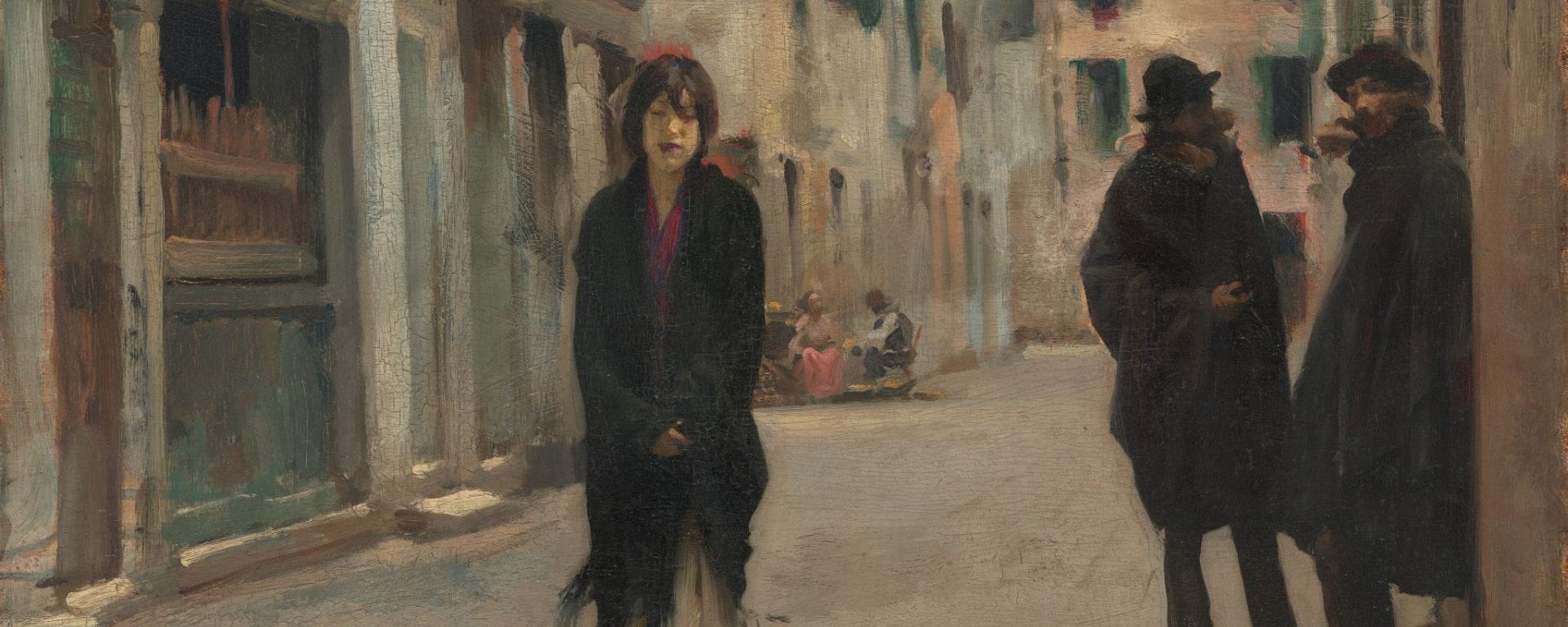How to Grapple with the Fact That You Will Never Be Extraordinary
First, you must know that one day you will be asked a question you cannot answer. It does not matter how prepared you may be, or how many times you rehearse your reply to the unknown query: it is not a response to be spoken aloud.
The next few steps will be critical to your understanding of what it means to be extraordinary. Read carefully.
As a freshly turned twenty-one, you will wander aimlessly through a lamp-lit street at midnight, and stumble upon a dingy pub. The broken neon sign and rotting wood will dissuade you, but continue on through the door to a small red booth on the far right of the bar. An old woman will sit with a deck of cards, and you must slide down the cracked leather to face your opponent. She will ask you if you play (You are the reigning War champ at your college), and you will shrug and say: “A little.” She will ask you to join and you will agree, before being obliterated five times over and left with stinging knuckles. Pride hurt and embarrassed, you will start to stand and she will stop you, slipping a card into your hand detailing the next card tournament, and a mint. You will share a moment, youth and elder, and smile. In the next game, you will win, but not without a few misplaced cards and vulgar gestures.
Her funeral is a few months later.
In your mid-thirties, with a newborn in hand, your mother will call. She will tell you that she cleaned out the attic the other day, and found a dusty vinyl hidden amongst crumbling boxes and Christmas decorations. “Your favorite lullaby,” she will muse. “You remember that?” And you will look down at the baby with your nose and dimples and nod, and somehow your mother knows. She has always had that power. Tell her she should play it for you again sometime. Tell her about the old woman at the booth, from—God, you don’t even know how many years ago.
Tell her you will call more often.
At last, it will come.
It will hit you all at once, never slow, never dawdling, on an eve of something or other, bright and quick like you thought it would. The sun will begin to descend and you will have an inkling that once it sets, so will you. You will find a swing set to sit on, nothing fancy, but its reddened rust and flimsy plastic seat bring you a sense of comfort. A vivid-eyed stranger will sit next to you, formless and ever-changing, flickering between thousands of faces blurring together. They will ask you the question you heard once before: “How was it?” And you will look down at your body, old and veiny, then pudgy and stout, lean and proud, and your words will ultimately fail you. But you will think: “It was good.” And you will ask for one final request, if you may, and they will oblige. Warm hands will carry you to a small twin-sizedbed, your legs barely fitting on the flannel sheet before the figure slides their palms away to reveal your mother. And the woman from the pub. And your darling baby girl. And all those who you have ever cared for, and in return have cared for you. The record player in the room will start, something familiar and sweet, a lullaby filled with gentle rhythm and a slow tempo. Until you are sure that death is nothing more than music, music and faces. In your life, you never cured cancer or solved world hunger. Or climbed to the peak of Mount Everest, or received a Pulitzer Prize. And it’s not being cynical, it’s the truth.
You were never extraordinary, but why should it matter?
You played cards and called your mother.
The music plays on.

Caitlyn Ladd and Spider-Man have never been seen in the same room. A fact that many are suspicious about. Additionally, she loves to read Fantasy books, and finds herself drawn to RomComs after completing a long day of rotting in her bed.
